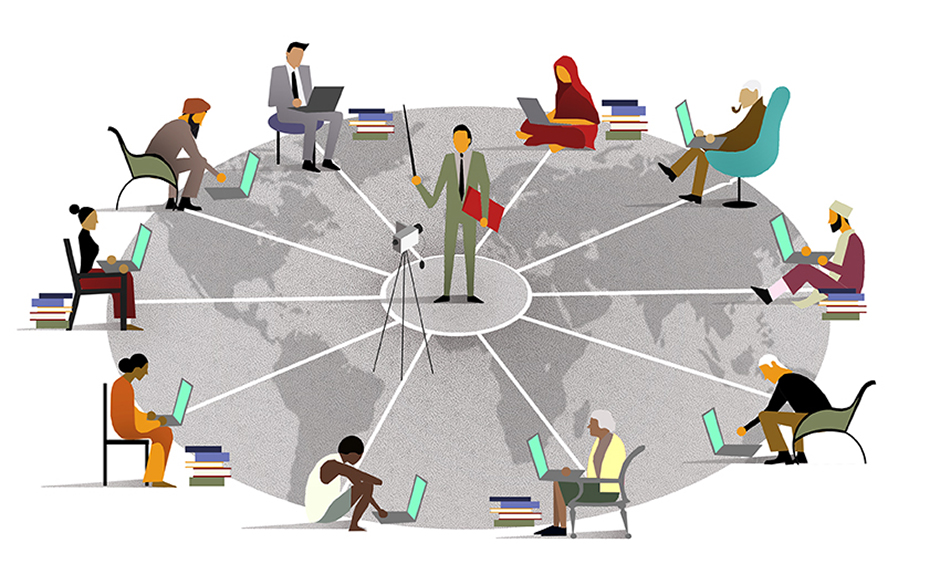Technology
has significantly transformed every aspect of our lives and now it is
changing the way we learn. Technology can enable teachers and
students to develop an enhanced learning experience and improve the
overall standards of education.
Although
the unemployment rate of young graduates has been gradually
degreasing since the last 5 years, but still the numbers are
alarmingly high. However, employers are claiming that there is lack
of well trained candidates with required skills to fill the
entry-level vacancies in companies worldwide. This scenario has
become a serious threat for both graduates and companies. It is only
with the help of latest technology that we can create unique learning
techniques and introduce new platforms so that our graduates are
equipped with the necessary skills and knowledge required for the
workplace. Moreover it can also help those individuals who are
already working to develop additional skills and advance their
careers.
Making
Education More Accessible
Technology
has the ability to make education more accessible, affordable and
understandable, especially for those who have been marginalised till
now. Education was traditionally limited to classrooms and students
had to attend classes physically. As result of this system, many
individuals were automatically deprived from the opportunity to learn
due to various challenges and other commitments.
But
with the help of technology, education has come out of the classroom
and has successfully shifted to the online platform. Thus it has now
become more accessible as anyone can study from online contents via
their tabs or Smartphones from any part of the world, as long as they
have a reliable internet connection. Now those individuals who were
previously deprived of learning opportunities can participate in
various online learning programmes and build their future career.
Going
the MOOC Way
Massive
Open Online Courses or MOOCs is one of the prime examples of how
technology has transformed education. As these academic programmes
are free and require minimum qualifications, millions of students,
including professionals, are now pursuing MOOCs to learn new skills
and acquire knowledge relevant for their specific fields of
employment.
Recently,
Qualt, an online learning company, launched a free downloadable app
through which learners can access vocational MOOC programmes via
their smartphones. Another app named Maths Everywhere app, launched
by adult education charity NIACE, received the ‘App of the Year’
award in the Prolific North Awards. This particular app enables
adults to learn essential numeracy skills. Platforms like these offer
a highly affordable, low-risk and flexible learning opportunity which
learners can fit around their present lifestyle.
The
Blended Approach
Apart
from the online sphere, technology can also modify education inside
the classroom. With the Blended Learning approach, teachers can
successfully use advanced tools to make learning more interesting and
engaging in schools, colleges and universities. These tools can also
empower teachers to better organise and plan their tasks and track
the progress of their students more effectively.
Technology
for Teachers
It
is imperative that teachers and educators accept technology as a part
of their teaching process instead of being afraid of it. Technology
cannot replace teachers, but it can help improve teaching. Thus
teachers should be determined to make the most out of what latest
technology has to offer. In order to actualise this, schools must
train their teachers and staff so that they are comfortable with
using advanced devices for the betterment of the students.
By
using technology in the right way, we can undoubtedly improve
education standards for every learner around the world. Educational
institutes can offer an enhanced learning experience which caters to
the unique needs of every learner. This will help in creating a well
trained workforce that can meet the needs of the employers and
successfully face challenges of the corporate world.





